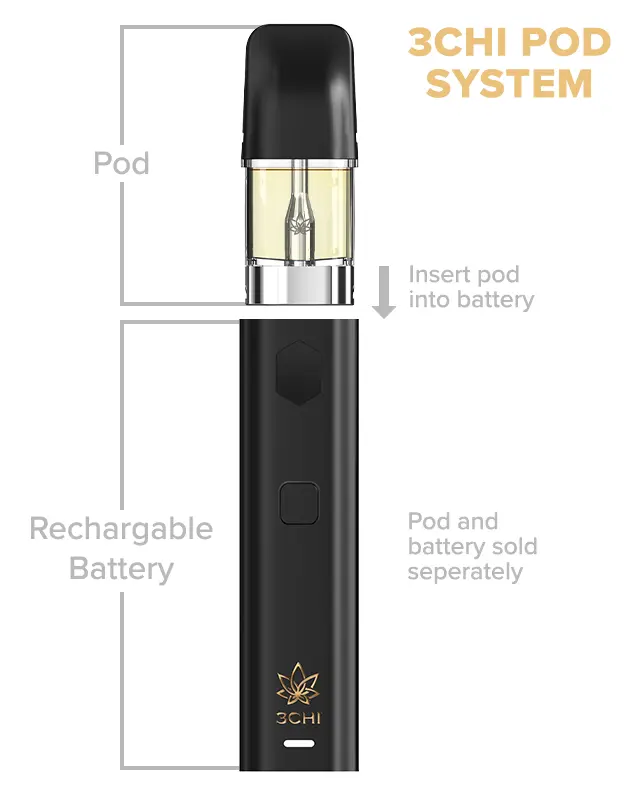Step-by-Step Guide: Turn Products DIY Vape Kits
Step-by-Step Guide: Turn Products DIY Vape Kits
Blog Article
The Ecological Impact of Non Reusable Vapes: Are They Really Sustainable?
Disposable vapes, a growing market segment in the vaping industry, have triggered arguments regarding their environmental effect. With problems varying from resource extraction to squander disposal, delving into the environmental footprint of non reusable vapes reveals a complex concern that deserves closer examination.
Environmental Impact of Disposable Vapes

Unlike traditional vapes that can be replenished and reused, disposable vapes are made for a single-use cycle, resulting in a quick accumulation of electronic waste. The manufacturing process of non reusable vapes additionally consumes useful sources and energy, additional exacerbating their environmental impact. Inappropriate disposal of these devices can lead to dirt and water contamination, posing dangers to wild animals and communities.
Manufacturing Refine and Resource Consumption
Throughout the manufacturing of disposable vapes, substantial quantities of resources and power are consumed, adding to their total environmental impact. The manufacturing process of non reusable vapes includes the extraction and handling of raw materials such as steels for the gadget components, plastic for the case, and lithium-ion batteries for the power source. These processes call for considerable power inputs and can lead to the generation of greenhouse gas emissions, adding to climate adjustment. Furthermore, the production of disposable vapes typically involves the usage of non-renewable resources, better depleting limited materials.
In addition, the manufacturing of non reusable vapes additionally creates waste and air pollution. The manufacturing procedure of non reusable vapes plays a substantial duty in their total ecological footprint and sustainability considerations.
Waste Generation and Disposal Challenges
Because of the resource-intensive production process of disposable vapes, the monitoring of waste generation and disposal offers substantial ecological difficulties. Non reusable vapes add to the installing problem of digital waste because of their single-use nature and complicated structure. The batteries, circuitry, and plastic components of disposable vapes make them hard to reuse successfully, causing a significant quantity of e-waste winding up in landfills. Improper disposal of these devices can result in harmful chemicals seeping right you can try here into the soil and water, positioning risks to ecosystems and human wellness.
Furthermore, the inappropriate disposal of disposable vape cartridges, which frequently contain residual pure nicotine and other poisonous compounds, can contaminate the setting if not taken care of properly. The lack of standardized recycling programs for these cartridges exacerbates the trouble, with lots of winding up in regular waste streams.
To attend to these waste generation and disposal challenges, it is crucial for producers to make more lasting vape items that are simpler to reuse. Furthermore, increased understanding and education and learning on correct disposal methods among customers are essential in alleviating the environmental effect of non reusable vapes.
Chemicals and Toxic Materials Use

In addition, the batteries in disposable vapes consist of hefty metals such as lead, cadmium, and lithium, which are damaging to the setting if not recycled properly. Turn products. Inappropriate disposal of these batteries can result in dirt and water contamination, posturing risks to environments and human wellness. The widespread use of chemicals and hazardous products in non reusable vapes emphasizes the relevance of taking on lasting techniques in their production, disposal, and usage to minimize damaging ecological influences.
Lasting Alternatives and Solutions
What lasting options and options can be carried out to resolve the ecological influence of non reusable vapes? One considerable alternative is the adoption of rechargeable or refillable vape devices. By choosing tools that can be billed and re-filled with e-liquid, customers can substantially decrease the amount of waste created from non reusable vapes. Furthermore, promoting responsible disposal practices for non reusable vapes, such as recycling programs, can help mitigate the ecological repercussions connected with these items.
One more lasting option is the development of eco-friendly vape elements. Manufacturers can check out using eco-friendly materials for vape casings, cartridges, and packaging to decrease the lasting environmental impact of these items. Urging the usage of click this site vaping products with fewer chemical ingredients and toxins can likewise add to a more sustainable vaping sector.
Education and understanding projects can play a critical function in advertising lasting practices among vapers - Turn products. By educating customers concerning the ecological influence of disposable vapes and highlighting the benefits of eco-friendly alternatives, individuals can make even more enlightened options that straighten with ecological conservation efforts. Eventually, a mix of governing actions, technological developments, and consumer activities is necessary to address the environmental difficulties presented by non reusable vapes
Verdict
Finally, the environmental impact of non reusable vapes is considerable because of the production process, source usage, waste generation, and use of chemicals. Sustainable choices and remedies have to be taken into consideration to alleviate these negative results. It is vital for consumers and suppliers to prioritize ecologically friendly techniques to minimize the environmental harm created by disposable vapes.
The environmental influence of disposable vapes is an expanding concern as their widespread usage contributes to plastic waste buildup.Unlike conventional vapes that can be filled up and recycled, disposable vapes are designed for a single-use cycle, leading to a fast accumulation of digital waste. The widespread usage of chemicals and harmful products in disposable vapes emphasizes the value of embracing sustainable methods in their disposal, usage, and manufacturing to minimize unfavorable ecological impacts.
By educating customers about the ecological impact of disposable vapes and highlighting the advantages of environmentally friendly choices, individuals can make even more enlightened choices that straighten with ecological conservation initiatives.In conclusion, the environmental influence of disposable vapes is considerable due to this content the production procedure, source consumption, waste generation, and use of chemicals.
Report this page